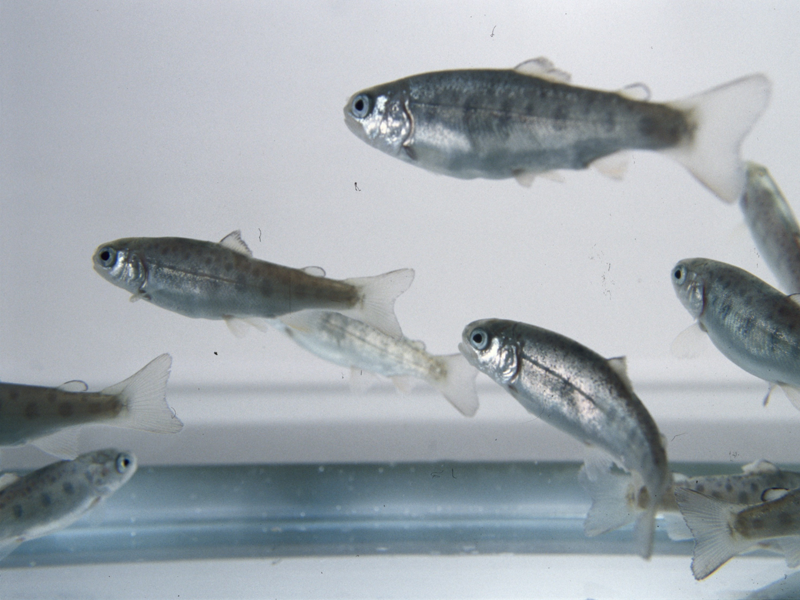Registration Details

Acute toxicity tests are conducted as part of regulatory risk assessment and hazard classification packages for industrial chemicals and agrochemicals. These are carried out in vertebrates for the assessment of ecological safety (where fish and birds are largely used), and effects on human health (using rodents). Historically, the aim of acute toxicity tests has been to determine the dose or concentration which is lethal to 50% of the animals treated. They are therefore associated with suffering in the test animals. Large numbers of animals can be used for this purpose; for example, OECD Test Guideline (TG) 203 (fish acute toxicity) studies are the most widely conducted regulatory vertebrate ecotoxicology tests. There is great scope to apply the 3Rs principles – the reduction, refinement and replacement of animals – in this area of testing.
The NC3Rs is hosting a webinar that will showcase ongoing and novel initiatives that replace, reduce and/or refine fish acute toxicity studies. The webinar will feature presentations on novel approaches to support replacement of the use of late life stage animals, and a retrospective data analysis project to identify potential reductions in regulatory fish testing.
Speakers are:
- Overview of NC3Rs activities to support the 3Rs in fish acute toxicity testing (Dr Natalie Burden, NC3Rs)
- New OECD Test Guideline 249 Fish Cell Line Acute Toxicity - The RTgill-W1 cell line assay (Dr Stephan Fischer, aQuaTox-Solutions and Melanie Fischer, Eawag)
- SWIFT: Strengthening weight of evidence for FET data to replace acute fish toxicity (Dr Adam Lillicrap, NIVA)
- Exploring potential reductions in fish testing in a regulatory context (Dr Michael Lowit, US EPA)
This webinar will be relevant for all academic, regulatory and industry scientists interested in applying the 3Rs in fish acute toxicity testing. There will be a panel discussion at the end of the webinar, with an opportunity for audience members to ask questions. The webinar presentations will be recorded and made available if you are unable to attend live.
The webinar is free to attend. Certificates of attendance are available on request.
